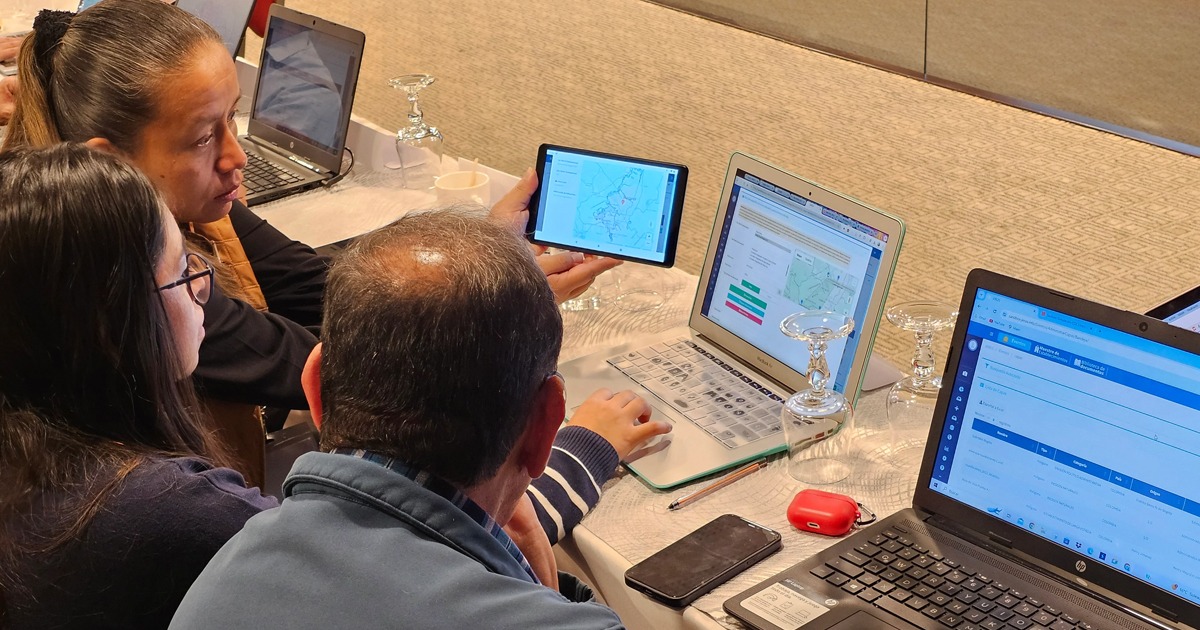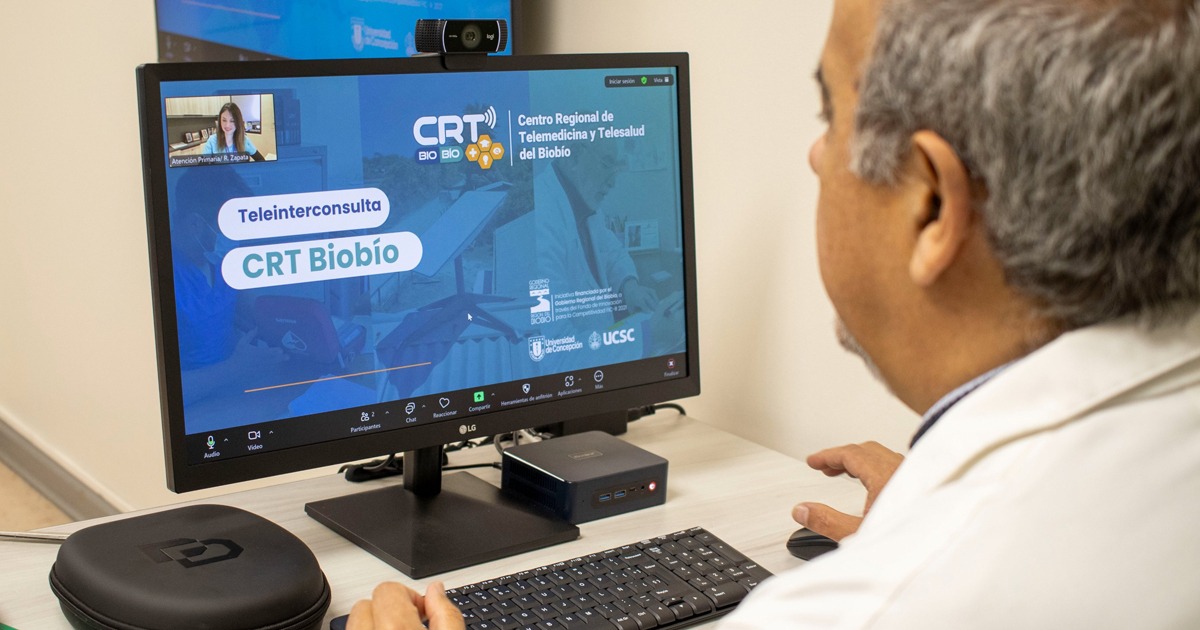Failure to attend sepsis may cause irreversible problems for the patient's body if sepsis is not treated in time. Because of this, the English National Health System attacks with the support of Big Data, situations about hospital complications that may arise in health centers.
The The NHS has decreased the percentage of deaths caused by sepsis through the use of software and Artificial Intelligence that allow the potential cases of this type of medical complications to be detected in time.
Cambridge University Hospital, the Royal Berkshire NHS Foundation Trust and Royal Liverpool and Broadgreen University Hospital NHS Trust are the establishments where the new algorithms currently used to review the patient's vital signs and alert specialists to the possible occurrence of sepsis.
The Sepsis is a life-threatening condition that is caused by an unbalanced reaction of the body to an infection (usually bacterial), triggering changes that can damage multiple systems, altering blood circulation; in turn, it deprives the organs of nutrients and oxygen, causing them irreparable damage.
In the UK sepsis is the cause of 37,000 deaths a year as they are difficult to detect.
Part of the strategies that the NHS implemented to combat this problem was the creation of digital platforms through Big Data and their application in mechanisms that use Artificial Intelligence to enhance the desired results.
Liverpool's E-Sepsis tool is one of the strategies the NHS included in Long-Term Action Plan.

This AI is designed to increase effectiveness in detecting hospital complications based on a number of clinical procedures such as patient observation and laboratory outcomes. It automatically alerts doctors when a patient is detected with the onset of the condition and eliminates the need for manual intervention because by not wasting time waiting for laboratory results and instead obtaining them in real time regardless of the room, time or doctor they care for, up to 200 lives a year have been saved through this new system.
To learn more click here: https://www.rlbuht.nhs.uk/news/our-e-sepsis-tool-an-amazing-success/
The Global Digital Exemplar (GDE) programme seeks to apply new technologies to all health centers in England to strengthen health care and detect diseases before they appear.
Septic shock mortality in children under the age of 45 has been reduced from 6 in 10 to less than 1 in 10 with the help of digital systems, where information generated automatically is downloaded from various sources and thus patients can be treated quickly and effectively; helping doctors prioritize the most important data to reduce the mortality rate.
To learn more about this program, please visit:
https://www.digitalhealth.net/2019/02/global-digital-exemplar-blueprints-nhs-trusts/
For its part, the University of Cambridge wants to use advanced technology to better support doctors and nurses in their daily work by encompassing high-quality care and contributing to better results achieved by efficient and timely treatment.
Figures
Since the implementation of this data science, the appropriate treatments for potential sepsis have increased achieving the following results:
- At Cambridge, deaths have steadily declined over the past three years, with at least 64 lives saved in the last.
- In Berkshire, the screening rate increased by 70%, with nine out of 10 patients currently being routinely tested.
- While, in Liverpool, digital monitoring is done live through its emergency department and rooms, saving up to 200 lives each year.
Other countries in Europe also occupy digital systems.
The Bisepro project was created by the Son Llátzer University Hospital in Madrid. The system relies on Big Data and Artificial Intelligence to provide the medical professional with a particular alarm about possible outbreaks of sepsis having a limited margin of error.
Through an algorithm, Bisepro manages to triple the detection of cases of this disease. As a result, therapeutic measures and an increase in the chances of saving the patient's life can be applied in advance.





